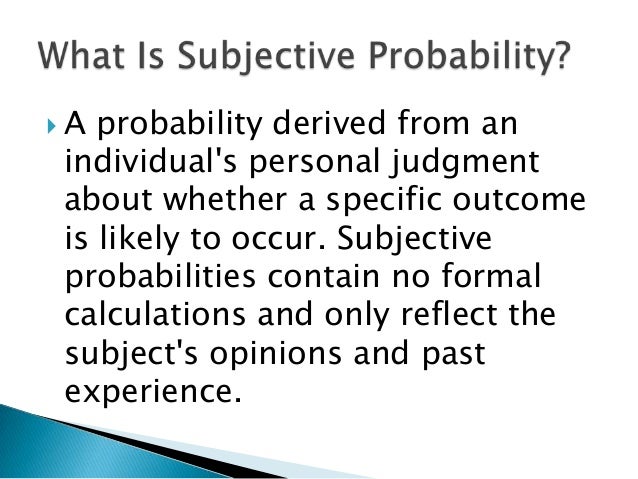In the mathematical theory of probability and measure, a sub-probability measure is a measure that is closely related to probability measures. While probability measures always assign the value 1 to the underlying set, sub-probability measures assign a value lesser than or equal to 1 to the underlying set.
Definition
Let be a measure on the measurable space .
Then is called a sub-probability measure if .
Properties
In measure theory, the following implications hold between measures:
So every probability measure is a sub-probability measure, but the converse is not true. Also every sub-probability measure is a finite measure and a σ-finite measure, but the converse is again not true.
See also
- Helly's selection theorem
- Helly–Bray theorem
References



